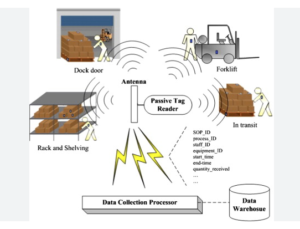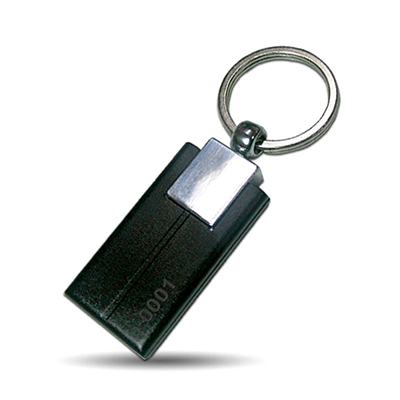In the modern logistics industry, efficient tracking and management are essential factors for ensuring cargo safety and improving operational efficiency. With the continuous advancement of technology, RFID (Radio Frequency Identification) technology is gradually becoming a key tool in the logistics industry. RFID technology uses radio signals to identify and track information on tags, providing numerous advantages for logistics enterprises.

RFID Logistics 3
Firstly, RFID technology enables real-time tracking and location. Logistics companies can attach תגיות RFID to packaging and record the real-time position and status of goods. Through RFID readers, logistics companies can easily access real-time location information, enabling more precise logistics planning and cargo tracking. This real-time tracking and location capability significantly enhances the control over goods, reduces the risk of loss and delays, and improves overall logistics efficiency.
Secondly, RFID technology enables automated data collection and processing. Traditional logistics management often involves manual operations and data input, which can lead to errors and delays. RFID technology automatically identifies and collects information from tags without the need for human intervention. Logistics companies can obtain key information such as the quantity, batch, and production date of goods in real-time through RFID systems, reducing the risk of human errors and enhancing the accuracy and timeliness of data. Furthermore, RFID technology can integrate with other information systems, enabling automatic processing and sharing of data, further improving the efficiency and accuracy of logistics management.

RFID Logistics 2
יֶתֶר עַל כֵּן, RFID technology enhances the security and anti-theft capabilities of logistics enterprises. Each תג RFID has a unique identification code, allowing each item to be uniquely identified and tracked. This enables logistics companies to monitor the inbound and outbound processes of goods in real-time, ensuring their integrity and security. בְּנוֹסַף, RFID technology can be integrated with other security devices such as access control systems and cameras, further enhancing the security protection of goods and effectively preventing theft and loss incidents.
In conclusion, RFID technology has significant implications for the logistics industry. It enables efficient tracking and management, improves operational efficiency for logistics enterprises, and enhances the security and anti-theft capabilities of goods. With the continuous development and maturation of technology, RFID technology will play an increasingly important role in the logistics industry, providing more business opportunities and competitive advantages for logistics enterprises.
















